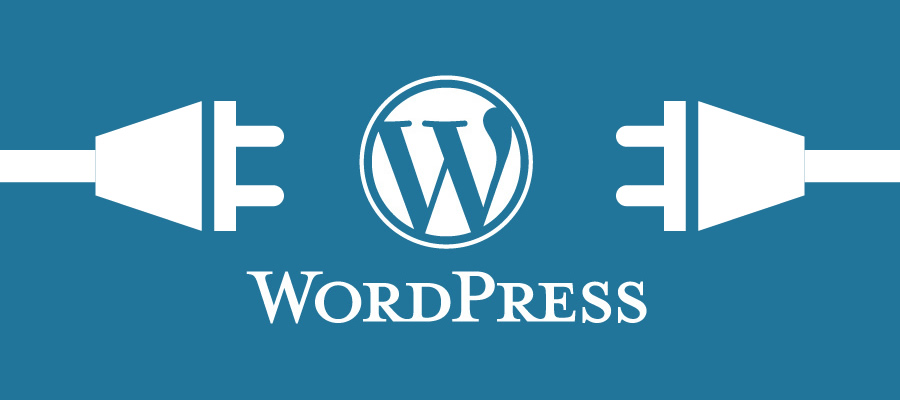
WordPress is an amazing, powerful platform for powering your website. One of the best features of WordPress is it’s large and comprehensive plugin repository. Plugins allow you to extend WordPress with features that are not built into the core software. Want a shopping cart? There’s a plugin for that. Want a new slideshow for your homepage? There’s a plugin for that. Want to enhance your search engine ranking? There’s a … well, you get the idea.
When we build a WordPress site, oftentimes we install several plugins that help us execute the vision for the site. We try to keep this limited, as plugins can introduce complexities that can be a hassle to maintain (more on that later).
Plugins can be located, installed, and activated all from within WordPress. Even your average user can install a new plugin as it doesn’t require any technical knowledge. Plugins are authored or created by third-parties (not WordPress itself) and often times are offered for free, with paid upgrades or premium versions available for those who want more features.
Some of the most popular plugins:
- Jetpack: Created by Automattic (the company behind WordPress) Jetpack is a “swiss army” knife of features, bundled into one plugin.
- bbPress: Add to, or turn your WordPress website into a bulletin board, or forum.
- BuddyPress: Create a social network à la Facebook using WordPress.
- Yoast: Guidance, and tools to help you integrate keywords into your posts and pages.
- Contact Form 7: CF7 allows for the easy creation of forms, and it’s a plugin we use often.
- WooCommerce: The most popular shopping cart platform for WordPress, authored by Automattic.
Maintainability
Each plugin you add to your WordPress website introduces another “dependency” that can complicate maintenance. Like WordPress, plugin authors update their code throughout the year to fix bugs, add features, and address security vulnerabilities. One should take care not to use too many plugins, and choose plugins that are well supported to make maintenance easier.
Tips for Choosing a Good Plugin
When we research a plugin for a client, or for our own needs we attempt to determine the quality of the plugin, and it’s future maintainability based on the following criteria:
- Popularity: We tend to prefer popular plugins, as it means the plugin is working, and most likely offers what it claims – otherwise it wouldn’t be popular!
- Support: We check what kind of support the plugin offers. Email? Forums? Ticketing system? We make sure that if we’re to rely on this plugin, help can be found if something goes wrong.
- Last Update: Many popular plugins wither on the digital vine for months or years. A recently upgraded plugin is a good sign the developers are active and addressing current needs.
- Author Reputation: Do we know of the developer? How many other plugins do they author? Sticking with plugins offered by trusted, prolific developers gives you peace of mind that they won’t disappear overnight.
If you’re interested in using a plugin, or plugins to enhance your site get in touch with us, and we’ll help match your need with the right plugin.
